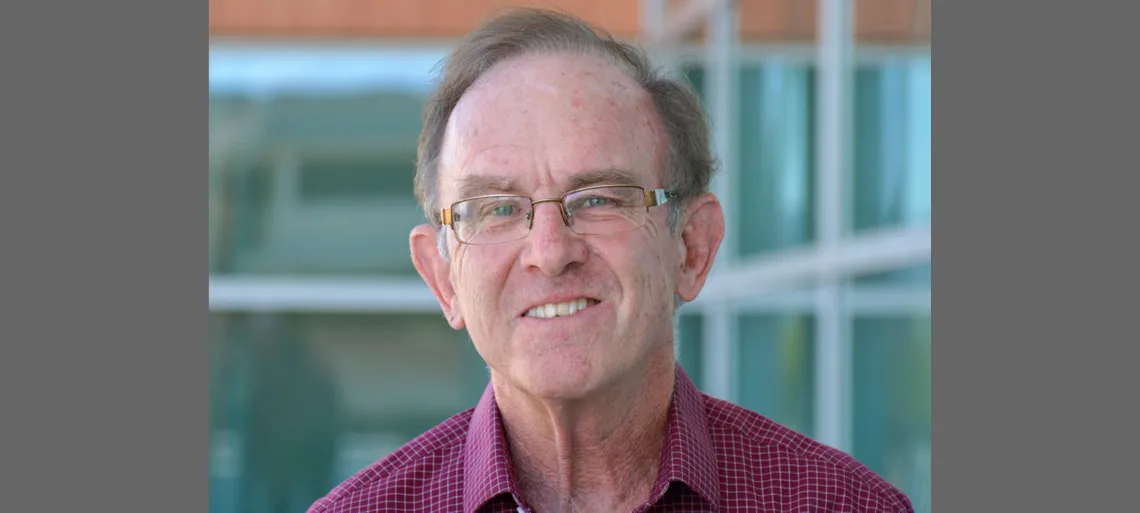CBS News Covers Joiner’s Perspective on Coronavirus Treatment

An April 8 opinion piece on the use of untested pharmaceuticals to treat COVID-19 co-authored by Keith Joiner, professor of medicine, economics and health promotions science at the University of Arizona, was picked up by CBS News.
Hydroxychloroquine and chloroquine have been at the center of debate in recent weeks over which drugs should be used to treat COVID-19. Because of limited research backing both products, Joiner and his colleagues urge the public to use caution until further scientific testing has been done.
"Neither product has strong evidence to support use for this purpose," write the authors. "And small studies reported to date have either had significant flaws or failed to demonstrate effect."
Despite these warnings, some politicians continue to push the drugs, arguing that patients have nothing to lose. However, Joiner and his colleagues argue that, "Weakening commitment to science and evidence during this crisis truly would be 'a cure worse' than the disease."
"We simply have to stop guessing about what's going to work for patients battling COVID-19," write the authors. And scientists all over the world are in the process of doing just that. The World Health Organization, with the help of more than 70 countries, is currently running trials on four potential COVID-19 treatments. With the evidence and data collected by these trials, dubbed SOLIDARITY, the public can make more informed decisions regarding COVID-19 treatment.
A medical doctor, Keith Joiner joined the Eller College of Management in 2010 as co-director of the Center for Management Innovations in Healthcare. He was appointed professor of economics in 2012. His vast professional experience includes founding the Investigative Medicine Program at Yale University and serving as the dean of the University of Arizona College of Medicine from 2004 to 2008. His research focuses on the optimization of resource allocation in academic health centers, the relationship between medical decision-making in emergency departments and the subsequent cost and outcome, regret aversion in medical decision-making, new reimbursement models for high cost health care interventions and the application of the concept of service dominant logic to the health care sector. He earned his medical degree at the University of Colorado in 1974 and also holds a master’s in public health from Yale University.

